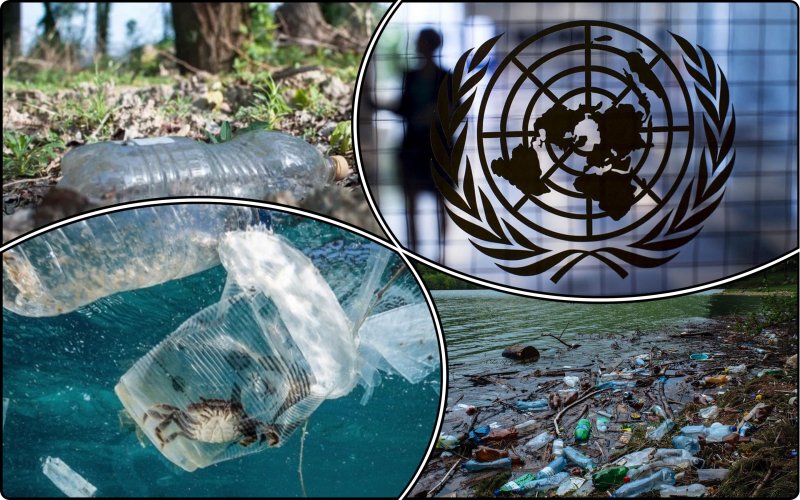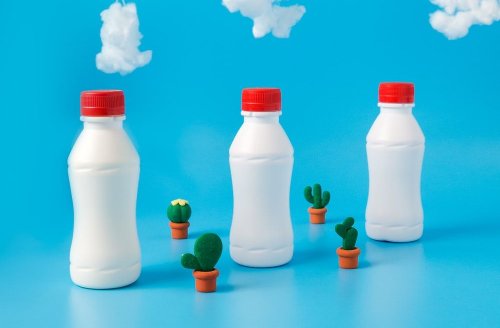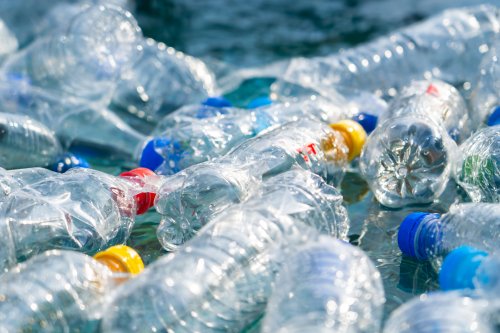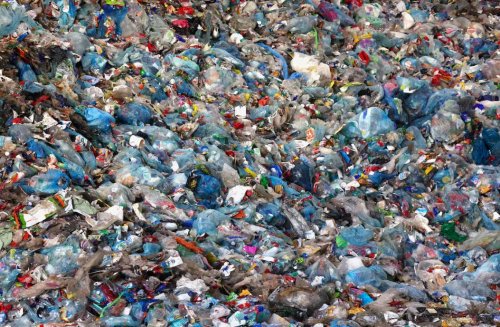At a UN conference in Paris, France, more than 170 countries agreed to develop an initial draft plastic agreement to end pollution.
The document should be prepared for the next conference in Kenya in November 2024 to agree on the final terms, Earth.Org reports.
It is noted that the eco-community welcomed such a result, but expressed concern that the oil industry may pose certain obstacles. Thus, a coalition of "highly ambitious" governments led by Norway and Rwanda aims to completely end plastic pollution by 2040 by reducing production. However, a number of countries, including the US, Russia and China, are seeking a less ambitious voluntary system, namely establishing their own frameworks and regulations for plastic production.
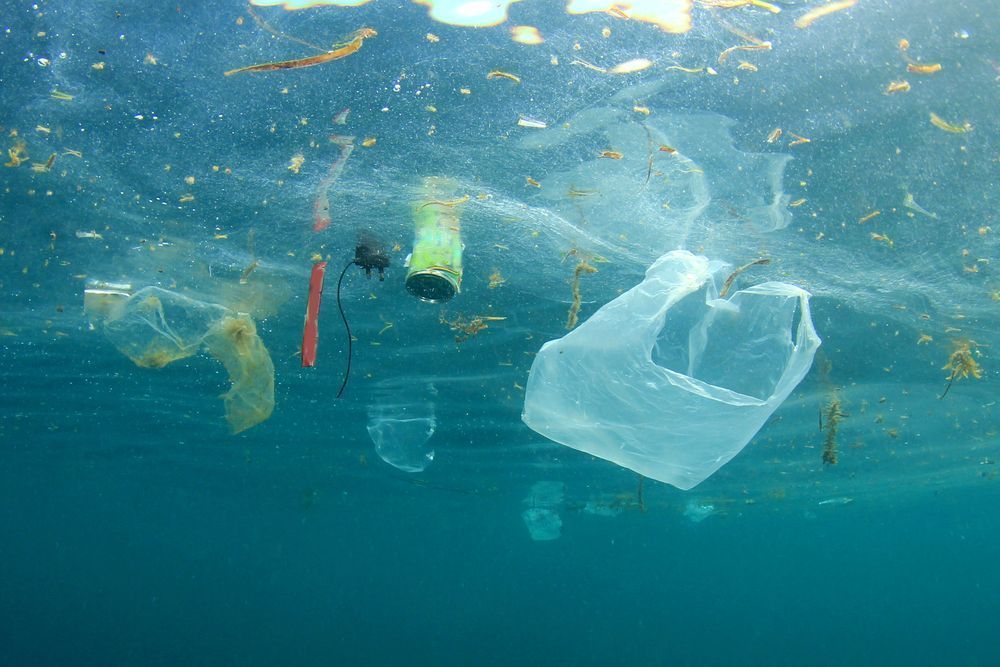
"The time has come to end the era of plastic, but this week's INC2 talks have made it clear that oil-producing countries and the fossil fuel industry will do everything in their power to weaken the Global Plastics Agreement and delay the process," Greenpeace said, adding that the agreement must help keep global warming within 1.5℃ and rid the world of plastic addiction.
The article said that petrochemical companies are increasingly dependent on plastic production as the world moves away from fossil fuels. Thus, representatives of the American Chemistry Council proposed solutions that do not directly affect production, but cover waste management and recycling.
It is noted that development of the first international, legally binding treaty on plastic pollution began in February 2022 in Nairobi, Kenya. Thus, the UN Environment Assembly approved a landmark resolution on the establishment of the world's first international treaty on plastic pollution. The agreement was considered the most significant multilateral environmental agreement since the 2015 Paris Agreement.
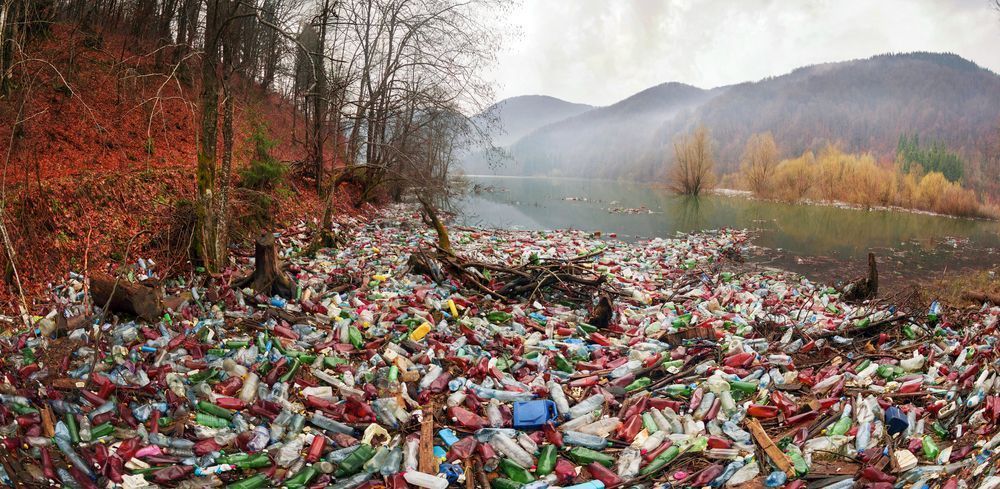
The material emphasized that currently more than 300 million tons of plastic waste are generated in the world every year, and in 1950 this figure reached 2 million tons. According to forecasts, this number will double by 2040.
"This environmental problem, which is growing exponentially, is connected with the growth of air and sea pollution. It is estimated that approximately 40% of the ocean surface is covered in plastic debris, affecting more than 800 marine and coastal species through ingestion and entanglement. If our consumption and behavior towards plastic continues, scientists warn that by 2030 there will be more plastic in the ocean than fish,” Earth.Org noted.
A joint report by the nonprofit Defend Our Health and Bloomberg Philanthropies' Beyond Petrochemicals campaign found that the beverage industry is behind a large share of global plastic waste. Thus, PET bottles cause dangerous chemical pollution at every stage of their life cycle. Beverage companies such as Coca-Cola, PepsiCo and Nestlé are among the world's biggest plastic polluters, producing more than half a trillion plastic bottles each year, or nearly a million per minute.
Earlier, EcoPolitic wrote, that a Greenpeace study found that plastic recycling is a dead-end strategy, because every year the amount of plastic waste is increasing, recycling is decreasing, and most of the waste is not subject to it.
As EcoPolitic previously reported, a study by the United Nations Environment Program (UNEP) showed that the global plastic pollution can be reduced by 80% by 2040 if a number of measures are taken.

